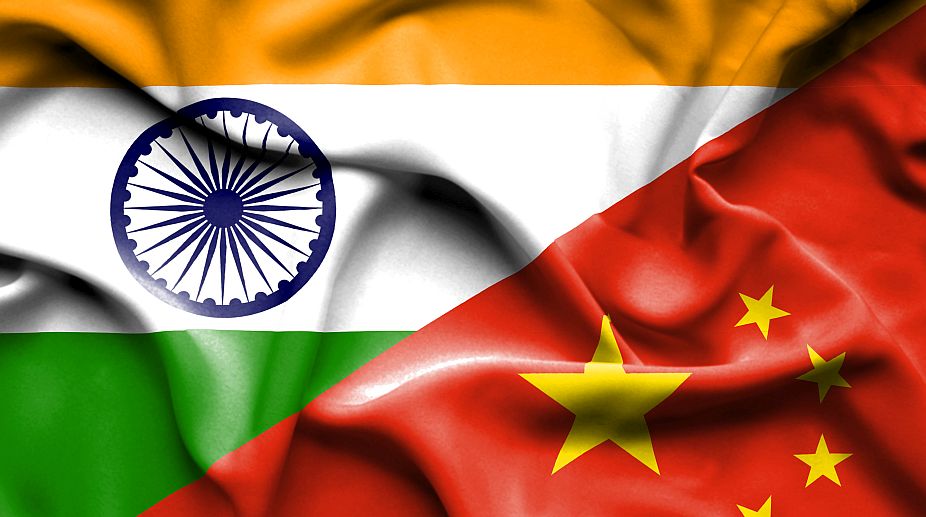Bridging the Divide
In an era of heightened political polarisation, Wednesday’s meeting between the incoming and outgoing US presidents signals a return to civility.

(Photo: Getty)
A US expert has said that the ongoing border dispute between the Indian and Chinese troops at Dokhlam in the Sikkim sector could lead to a war.
"Yes I do, and I don't say that lightly," Jeff M. Smith, a scholar at the American Foreign Policy Council, told the New York Times when he was asked whether he thought the India-China stand-off could spiral into war.
"Both sides have taken hardline positions that make it difficult to back down. The messaging is eerily similar," Smith said, referring to the countries' 1962 war that was also over border disputes.
Advertisement
Doklam, at the tri-junction of China, India, and Bhutan, holds strategic importance for all three.
The border row between the two countries was triggered in June when the Indian Army stopped a road construction by Chinese troops in Doklam.
China has told India repeatedly to withdraw troops from Doklam, which it calls as its own territory. New Delhi has said that troops from both sides should withdraw for a dialogue as Doklam belongs to its ally Bhutan.
Bhutan, a Himalayan nation that has no diplomatic ties with China, also protested against the road construction by Chinese troops.
Advertisement